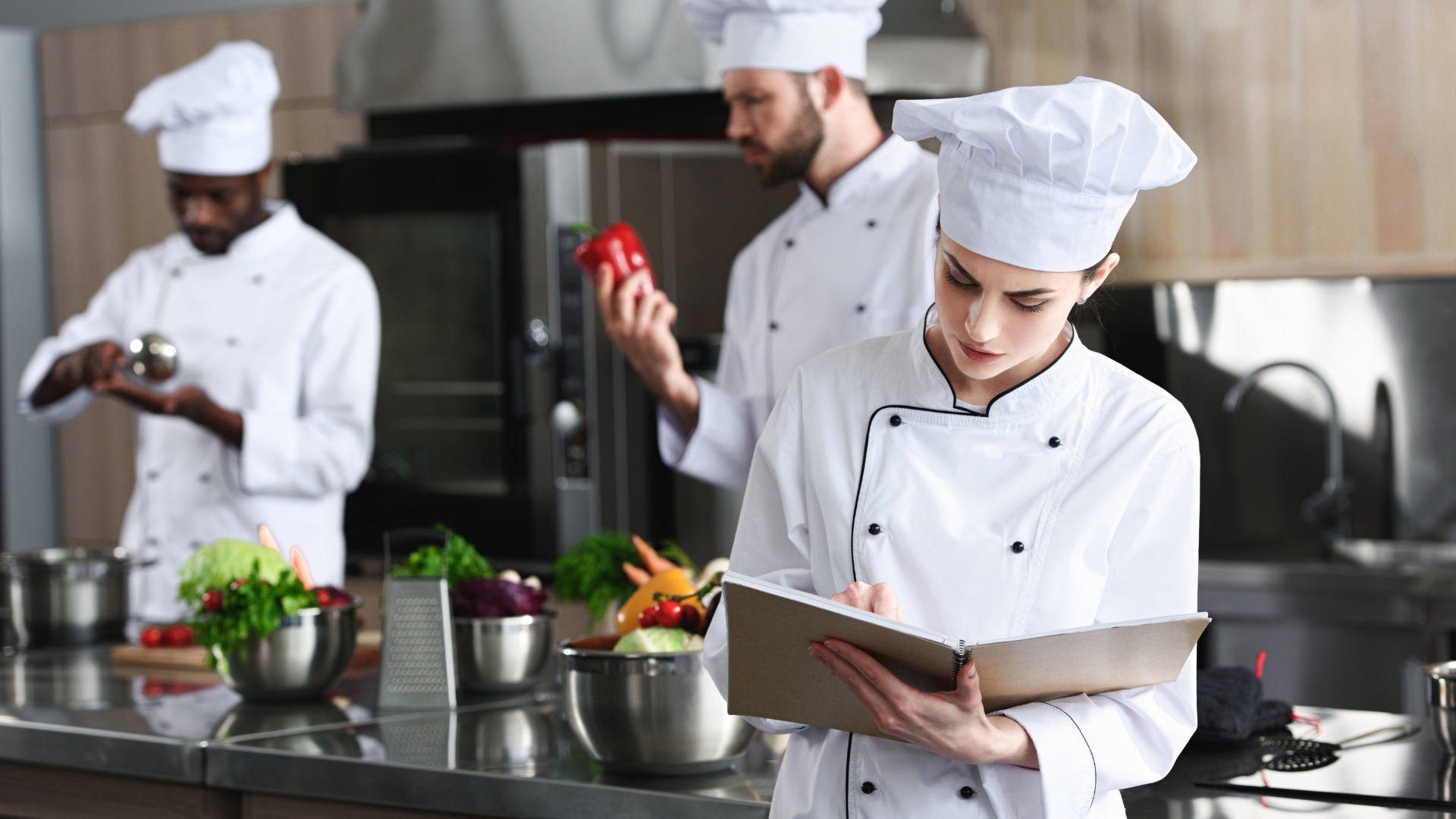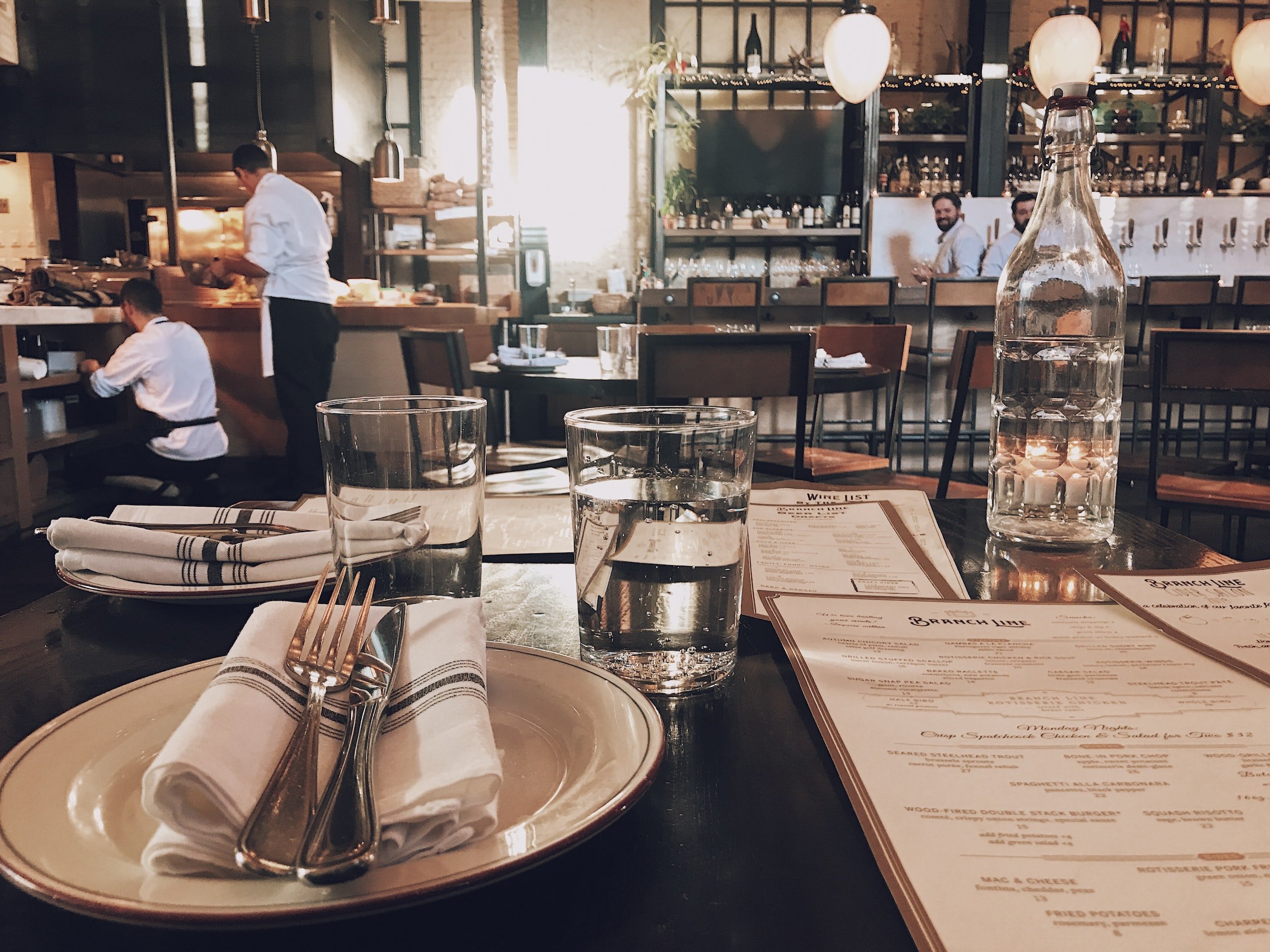Gastronomy

An Introduction to Gastronomy
Gastronomy
Types of gastronomy
The status of gastronomy in society
Gastronomy is far more than just cooking. It involves delving into the science behind food and understanding how different ingredients interact with one another. It's about experimenting with new combinations, techniques, and presentations to push the boundaries of traditional cuisine.
What's truly remarkable about gastronomy is its ability to unite people through food. It transcends cultural barriers and allows us to appreciate and celebrate the diversity of flavors from around the world. Whether you're enjoying a simple home-cooked meal or a lavish fine dining experience, gastronomy has the power to elicit emotions and create lasting memories.

Exploring Gastronomy: The Art and Science of Good Eating
Gastronomy is the art and science of good eating, defined as the enjoyment of food and beverages. It's a subject that nearly everyone can relate to – we all have our favorite dishes and drinks. But why do we enjoy them? Our gastronomic preferences are shaped by various factors, including cultural, geographical, social, and even elementary socialization.
Theoretical Nature of Gastronomy as a Subject
For many people, gastronomy remains a hypothetical construct. That is to say, it is a subject that is inferred to exist, but for which there is no clear and objective evidence. However, this is true of many critical theoretical entities. In the case of gastronomy, the subject matter is not well-defined and lacks a clear beginning, middle, and end. Additionally, there is a significant amount of overlap with other subjects, callings, trades, and professions.

Defining Gastronomy: More Than Just the Study of Food
Gastronomy is commonly understood as the study of food. However, for those who truly relish in the culinary arts, it means so much more. Gastronomy is about the pleasure of savoring great food and drink in the company of others.

Types of gastronomy

Practical Gastronomy
Practical gastronomy is the art and science of preparing, producing, and serving food and beverages from different countries and cuisines. It involves using techniques and standards to turn raw ingredients into visually appealing dishes that are specific to a particular region or culture.
Those who practice practical gastronomy include chefs and all other staff members who interact with guests, such as food service staff, sommeliers, tranches, and chefs-de-rang. Another area of specialty within practical gastronomy is the transformation of food and beverages into complete meals, menus, and accompanying drinks, as served in various countries.
It is a field that requires the chef and food and beverage professional to be highly active and involved.

Theoretical Gastronomy
Theoretical gastronomy is an integral component of practical gastronomy, focused on the systems and processes that underpin food preparation. It encompasses a wide range of writing, from traditional cookery books to recipes, that detail the procedures necessary for achieving culinary success.
Planning for physical processes involved in creating events, menus, dishes, and drinks is an essential part of theoretical gastronomy. This field has been the driving force behind the classical and national dishes that have been enjoyed for centuries.
Chefs and other food and beverage professionals benefit from theoretical gastronomy, using it to complement their practical skills to enhance their knowledge and efficiency.

Technical Gastronomy
Technical gastronomy goes beyond the basic knowledge of plant and machinery specifications and their impact on production and service. It entails a systematic evaluation of any aspect of gastronomy that requires review.
Below are some key points to consider:
Technical gastronomy is not just about replicating recipes to produce bulk quantities for a specific event. It involves striking a balance between small-scale and mass production.
Menu engineering, which involves analyzing the sales mix, contributes to the technical approach in gastronomy.
Technical gastronomy relies on various tools to ensure success. These tools include observing, recording, and analyzing multiple variables to maximize potential.
Evaluating convenience foods, new plants, evolutionary production methods such as sous vide, and the necessary skills and equipment to put them into production safely and efficiently is also part of technical gastronomy.
Technical gastronomy also involves assessing the suitability of specific foods for different organizations.
Research and development technicians, development chefs, food scientists, and operational specialists are some of the experts who work in this area. Consultant chefs, group chef executives, and other specialists also have a stake in technical gastronomy.

Food Gastronomy
Food gastronomy is the study of food and beverages and their origins. It involves the art of harmonizing wine and other drinks with food to enhance the overall experience. However, wine can also be enjoyed independently. Traditional styles of catering require a wide range of ingredients, and the more complex the menu, the greater the variety of products needed. Those who work with food and beverages must have up-to-date knowledge and remain updated as food and beverage products evolve with time and seasons.
Maximizing Returns by Actively Assessing Demand, Quality, and Storage Considerations for All Types of Preserved Foods
To ensure maximum returns, it is essential to actively evaluate demand, quality, and storage considerations for all types of preserved foods, including dried goods and frozen food.
Gastronomy offers a framework for comprehending how food and beverage resources are employed in specific situations.
By studying gastronomy, it is possible to identify similarities in the approach utilized by different countries and cultures regarding their foods and beverages.
Gastronomy is also concerned with the quality of wine and other beverages, as well as how the food and wine complement the situation and the people at the table as a whole.
Recognizing that food and beverage quality is vital, gastronomy focuses on assessing and enhancing that quality in the context of the occasion.
The Status of Gastronomy in Society

The Role of Gastronomy in Modern Society
Gastronomy and the cultivation of a gastronomic culture have historically been of little importance to most people. The dissemination of this culture has largely been confined to a small but socially influential elite who have come together in many countries to promote dining as a social activity that cultivates refined taste in the enjoyment of good food. This activity is highly stratified, with a hierarchy headed by gastronomes who are not simply gourmets but have a distinctive social role.
The association of gastronomy with everyday food has been somewhat obscured, and the decline of domestic cooking has only exacerbated this trend. With modern families spending less time in the kitchen than they did in the past, convenience foods have taken precedence over fresh produce.
In recent years, the term "gourmet" has been used increasingly as an adjective. This new usage often falsely confers some exotic or distinctive quality on foods and food products that do not align with traditional gastronomic views but have gained some level of gastronomic legitimacy.

The Changing Face of Gastronomy in Modern Society
The definition of gastronomy in today's society is not absolute. It no longer centers solely on French cuisine or other traditional dishes, nor does it follow the hierarchical structure of food. Instead, it has expanded its reach to include a wider audience, although this does not always resonate with the general public. Despite more people traveling and experiencing different cultures, the cuisine is still subject to change, based on factors such as ingredient availability, customer preferences, the influence of chefs, media, and experimentation. However, some individuals remain cautious about openly identifying as food or wine connoisseurs.

Exploring the Art of Gastronomy
Gastronomy is a multifaceted field that encompasses a variety of activities, including discovering, tasting, researching, experiencing, understanding, and writing about food preparation and the sensory qualities of human nutrition. Le Larousse defines gastronomy as "knowledge of everything related to cooking, meal planning, the art of tasting, and appreciating food." While cooking is about improving food, gastronomy is about enhancing the kitchen as a whole, as per Jean-François Revel, author of "Festin en parole." Gastronomy is an art that involves adapting and inventing recipes, utilizing the senses (tastes, colors, textures, etc.), and stimulating creativity. Additionally, gastronomy is the art of knowing how to savor and enjoy exquisite, sometimes innovative dishes.


